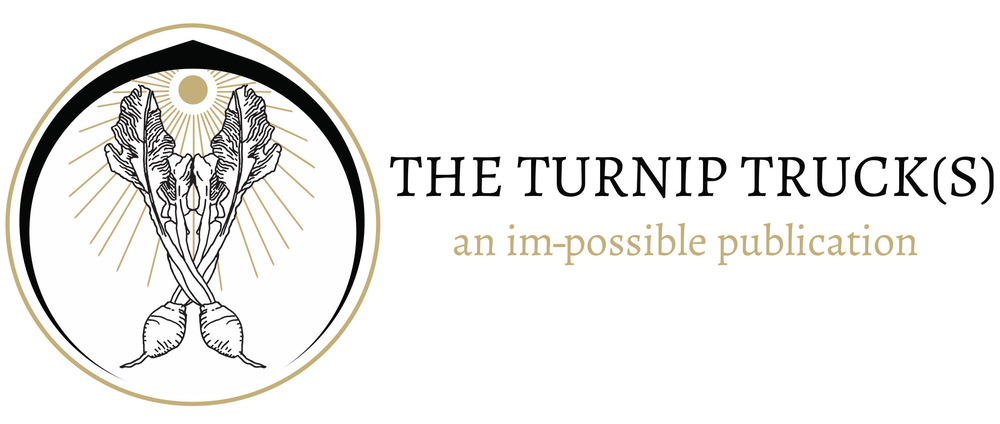Your head, arms, legs—your inside and outside—all of you that is surrounded by skin is your body. Everyone has a body. In fact, we could say all things are really bodies. Animals, hats, trucks, countries, microbes, etc., all have bodies and therefore arebodies. Of course, all bodies are made of other parts, like the human body, which is made up of various parts such as organs. Like a machine, our bodies—through the organs—produce energy, physical action and reactions, feelings, ideas, concepts, stories, and so on. The heart and the mind are organs that help produce such stuff, and the organs follow scientific laws, like the law that says that the mind produces brain activity and the heart produces blood. But here is where the problem arises: does the mind produce thoughts? Does the heart produce blood? Philosopher Gilles Deleuze would say that not one organ actually produces anything, all productions are collectively produced by the entire body, and actually, by more than the body but a complex of bodies and environments.
That complex, that place from where things are produced, is so many plateaus or stratifications constantly becoming simultaneously as they produce. In fact, to take the human body as an example, the body itself produces as much as it is produced by other bodies as it journeys in and out of various plateaus and strata. In fact, to make such a distinction (between what a body does and what is done to it, is really impossible because in the end all bodies are simultaneously always already within a matrix of producing-produced-becoming. Deleuze got this idea from 19th-century philosopher Friedrich Nietzsche, and it was confirmed nicely for Deleuze by 20th-century avant-garde writer Antonin Artaud who said:
When you will have made him a body without organs,
then you will have delivered him from all his automatic reactions
and restored him to his true freedom.
This is where Deleuze got the concept of body without organs. Deleuze also loved what 17th-century philosopher Baruch Spinoza said: “no one knows what a body can do,” meaning we can do seemingly impossible things with bodies. If we got rid of the rules that we made as humans to dictate what a body can do according to other rules we created about what organs can do, then we would be free to do more with our bodies—we could do more than kill and hurt and use and eat and borrow bodies (human and animal bodies for example). In his most famous book, written with his friend and colleague Félix Guattari A Thousand Plateaus, Deleuze asks the question “How do You Make Yourself a Body Without Organs?” Deleuze and Guattari then discuss the creation of the universe and things like primordial eggs, love and desire, Chinese religion and other things and all of these things in the end are actually about two things: aesthetics and ethics. Aesthetics because if we could have a body without organs we could then be free to truly experience all the beautiful things in the universe without all these rules about when and where and so on, and this would make us better people with better nicer bodies that would not hurt other bodies (human and animal) as much as we have been doing since the beginning of science (that is called the Enlightenment). Treating all bodies more nicely and caring for the entire body of the universe is called ethics. People call this project of Bodies without Organs onto-aesthetics and anthro-ethology and it might be a good idea to give it a try.

